Applying AI to invoice control, in 2024, the tax industry identified 79,000 businesses that had to check invoices, more than 4,400 businesses that were no longer operating at the address, 501 businesses were investigated and collected more than 4,700 billion VND.
At the online seminar "Notes when reviewing risks of corporate income tax settlement - value added tax - personal income tax" in 2024 held on the morning of February 11, Ms. Le Thi Thuy, CEO of Bach Khoa Consulting Services Co., Ltd., said that in 2024, the General Department of Taxation has applied AI (artificial intelligence) to the activities of controlling electronic invoices and analyzing tax data of enterprises.
Through that, many invoices for the purchase and sale of the same item and product line were discovered but the units sold at unusual prices. The tax authority requested to provide explanatory documents. If the unit does not have documents or does not provide an explanation, it will be put on the tax risk list. Any unit that uses invoices from units included in this list is also at risk.
“With the support of AI, the tax industry can analyze invoices up to F5, F7... Thanks to that, in 2024, the industry identified 79,000 businesses that had to check invoices, over 4,400 businesses were no longer operating at the address, more than 501 businesses were investigated and collected more than 4,700 billion VND,” Ms. Thuy informed.
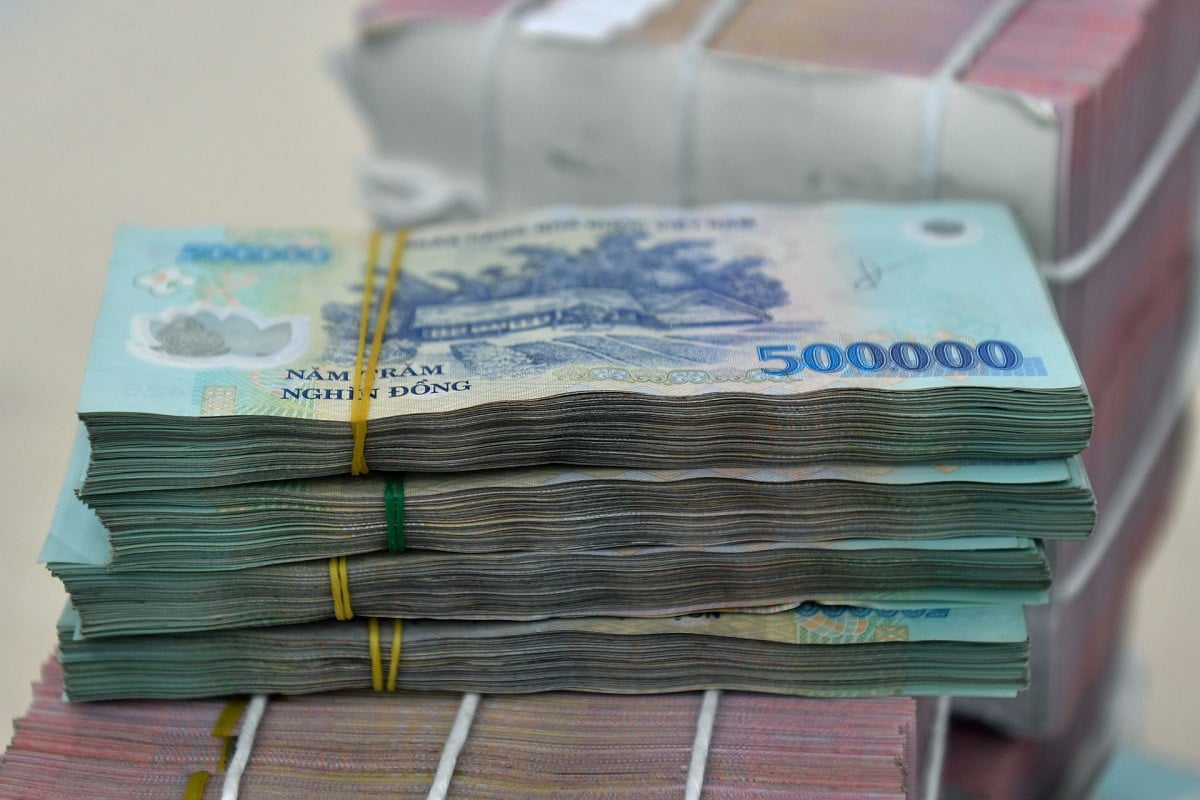
According to current regulations, legal invoices must ensure correct and complete form and content according to legal regulations. That is, invoices must meet the requirements of the General Department of Taxation on forms; invoice content must include full company name, address, tax code, product name, unit, quantity, unit price...
In fact, there are many invoices at the time of purchase and sale of goods and services that are legal and have been settled, but are later excluded from tax deduction.
Discussing this story, Ms. Thuy said: "Many businesses buy and sell genuine goods but do not sign contracts and invoices with the buyer but instead sign with another party to legalize the documents.
A few years later, the units that signed the invoices were investigated by the police for buying and selling invoices or abandoning their business addresses, resulting in the business purchasing goods being caught with illegal invoices and not being eligible to deduct input VAT.
According to Article 15 of Circular No. 210/2013 (amended in Circular No. 26/2015, Circular No. 173/2016), the two conditions for input VAT deduction include:
Firstly , there is a legal value-added invoice for purchased goods and services or a document of payment of value-added tax at the import stage or a document of payment of value-added tax on behalf of the foreign party according to the guidance of the Ministry of Finance applicable to foreign organizations without Vietnamese legal status and foreign individuals doing business or having income arising in Vietnam.
Second, there is a non-cash payment document for purchased goods and services (including imported goods) worth VND 20 million or more.
Source: https://vietnamnet.vn/truy-thu-hon-4-700-ty-dong-tien-thue-nho-ung-dung-ai-de-ra-soat-hoa-don-2370456.html



![[Photo] 60th Anniversary of the Founding of the Vietnam Association of Photographic Artists](/_next/image?url=https%3A%2F%2Fvphoto.vietnam.vn%2Fthumb%2F1200x675%2Fvietnam%2Fresource%2FIMAGE%2F2025%2F12%2F05%2F1764935864512_a1-bnd-0841-9740-jpg.webp&w=3840&q=75)
![[Photo] National Assembly Chairman Tran Thanh Man attends the VinFuture 2025 Award Ceremony](/_next/image?url=https%3A%2F%2Fvphoto.vietnam.vn%2Fthumb%2F1200x675%2Fvietnam%2Fresource%2FIMAGE%2F2025%2F12%2F05%2F1764951162416_2628509768338816493-6995-jpg.webp&w=3840&q=75)





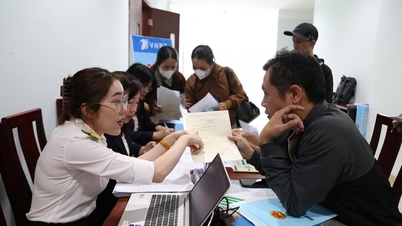

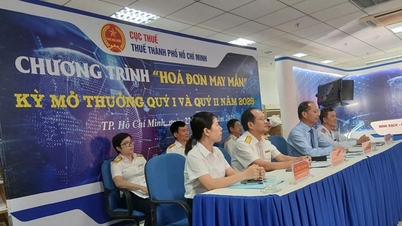

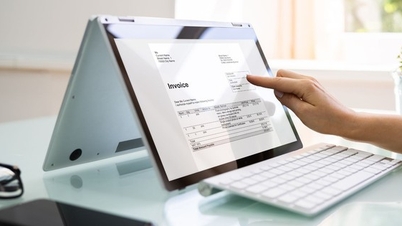

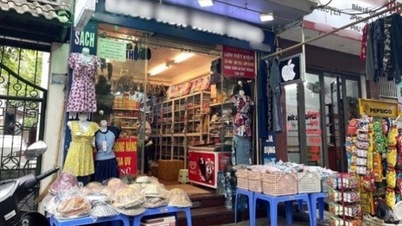

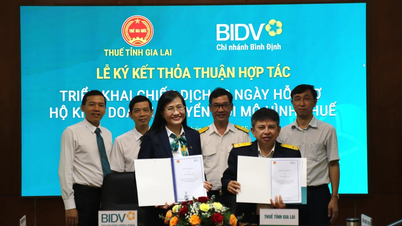



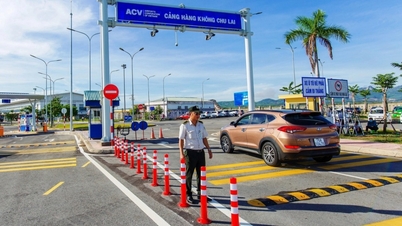



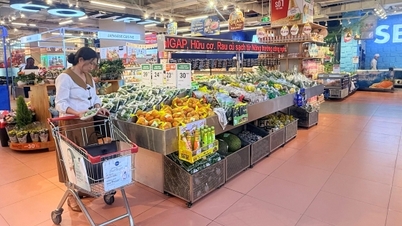
























































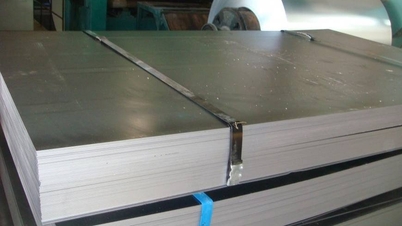











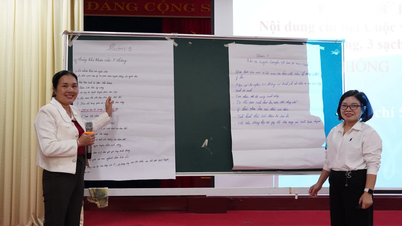
















Comment (0)